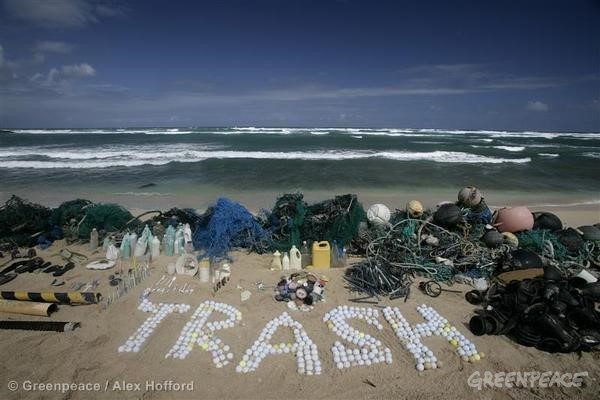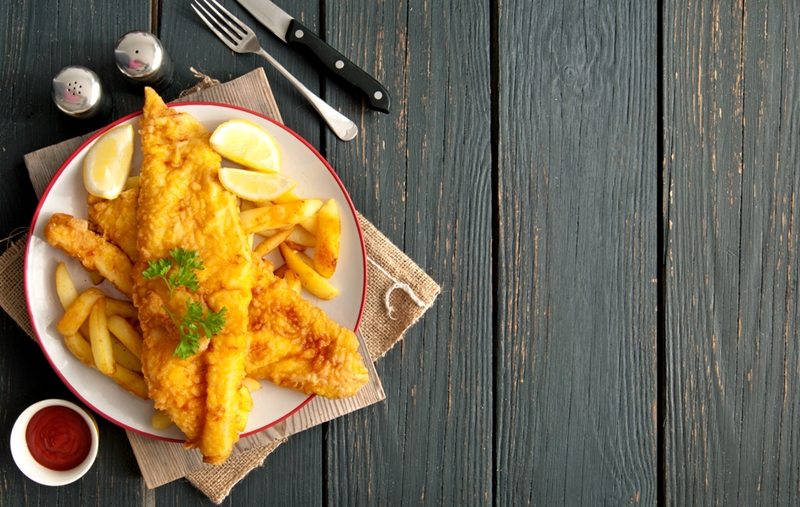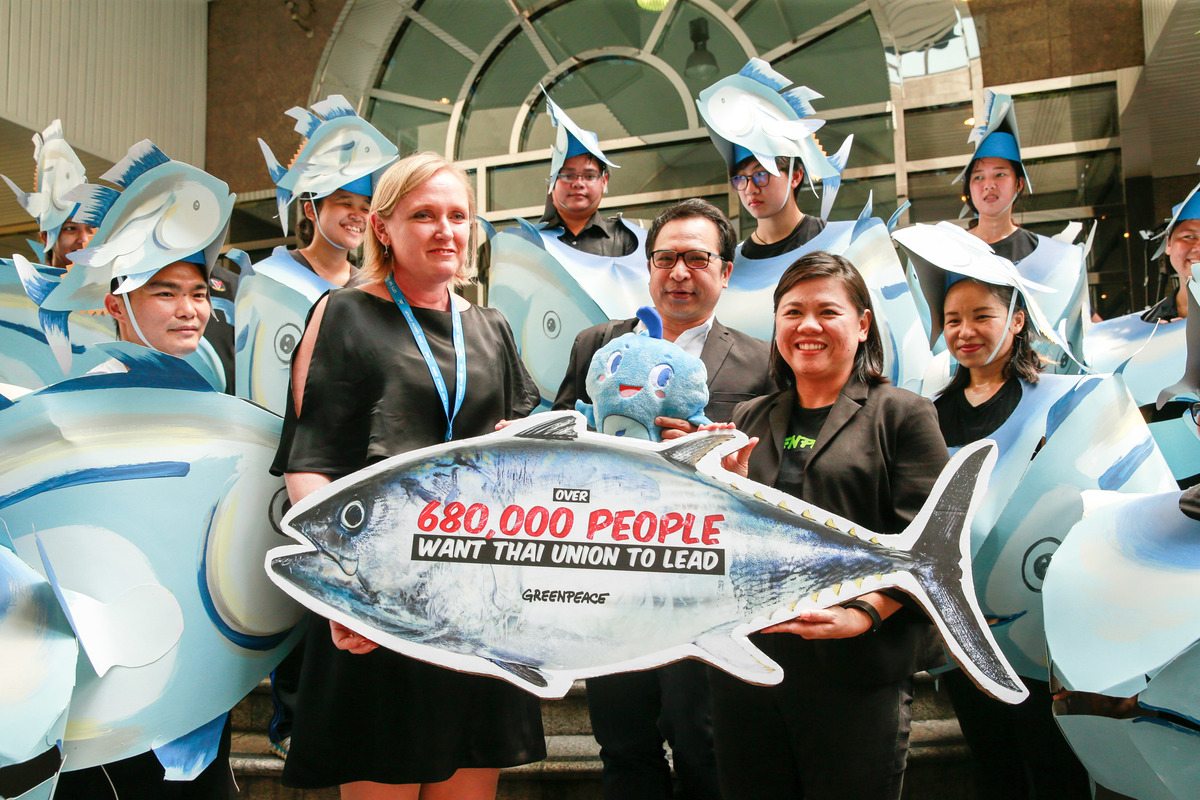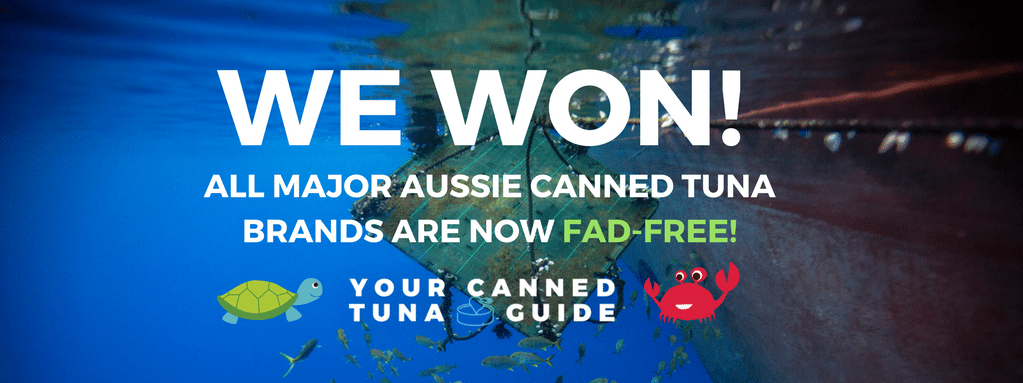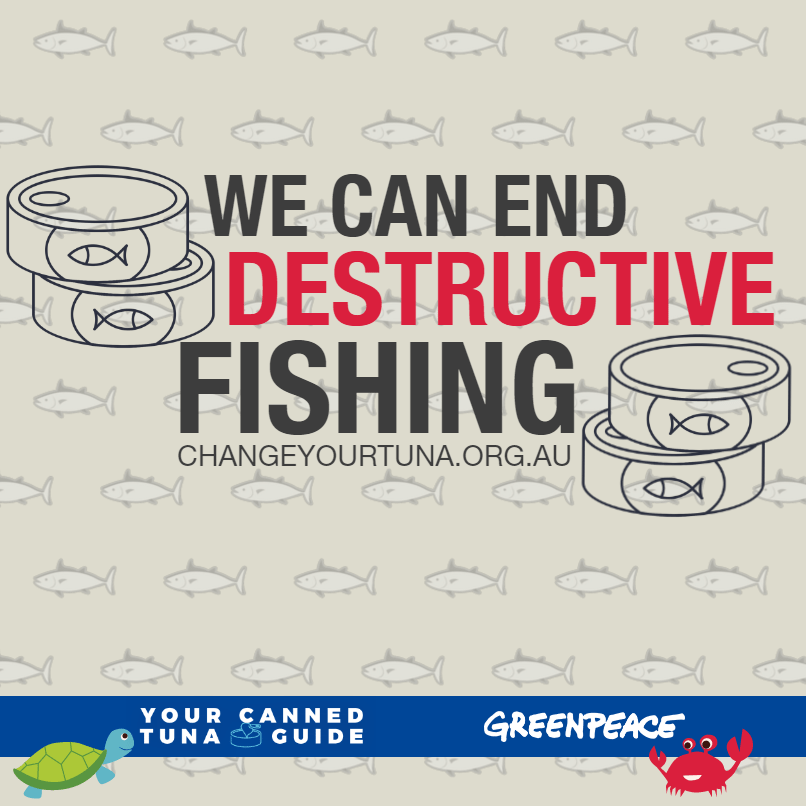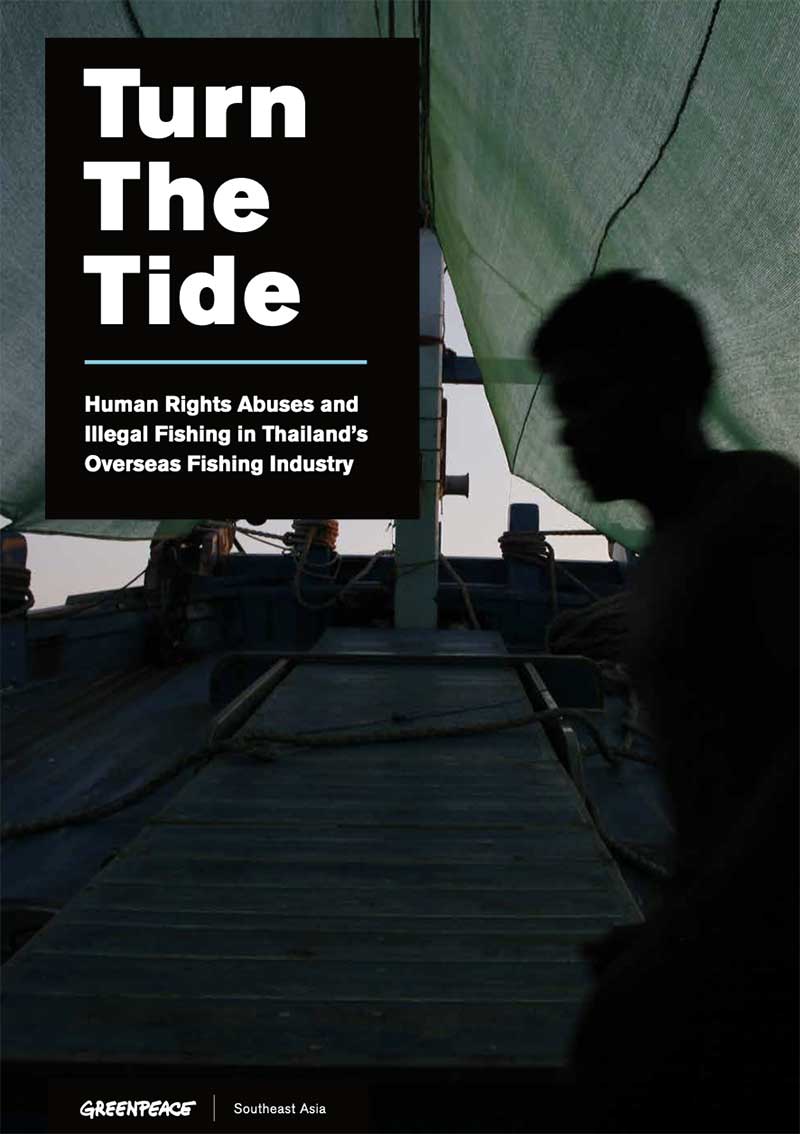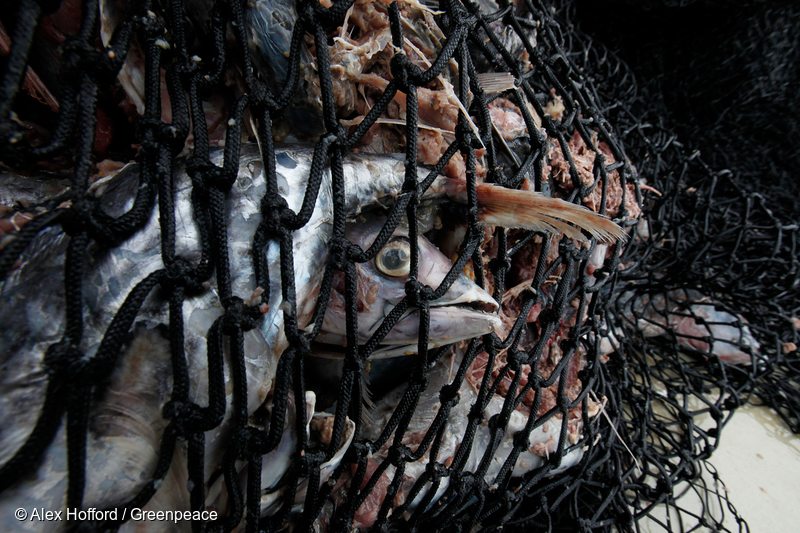All articles
-
Our oceans are under attack; How can you help?
"We are here today to take decisive action to nurture and protect the lifeblood of our planet. Oceans and seas cover two-thirds of our home," explains Guterres.
-
Why are fish labels so important to Australians?
Seafood plays a starring role in the diets of many Australians. Just take a look at the numbers. The average Australian eats around double the amount of seafood that was consumed per person in 1975. Seafood plays a starring role in the diets of many Australians. Just take a look at the numbers: The average…
-
Tackling Tuna – How People Took On the Biggest Tuna Company and Won
Today is a big day for our oceans. It is good news for sea turtles and sharks, sea birds and tuna. It is also a great day for hundreds of thousands of workers at sea, many of whom have been victims of horrendous working conditions and human rights abuses. Today is a big day for…
-
Thai Union Commits to More Sustainable, Socially-Responsible Seafood
Press release – 10 July, 2017BANGKOK, 11 JULY 2017 – Thai Union Group PCL has committed to measures that will tackle illegal fishing and overfishing, as well as improve the livelihoods of hundreds of thousands of workers throughout the company’s supply chains.Thai Union’s new commitments build upon its sustainability strategy SeaChange®, including efforts to support…
-
After 7 years, we won!
After 7 years of campaigning together, Greenpeace supporters just ended one of the most destructive fishing methods in the Australian tuna market. And here’s how we did it. Have you heard the news? Greenseas just agreed to immediately end the use of destructive fish aggregating devices (FADs) that needlessly kill countless sharks, turtles, rays…
-
Major win as Greenseas goes FAD-free following public outcry
Greenpeace today welcomes the commitment by Greenseas to end their use of destructive fishing practices in sourcing their tuna, following a public outcry.
-
Your 2017 Canned Tuna Guide
I don’t know about you, but I’ve spent far too many hours of my life staring blankly at supermarket shelves. What did I come in here for again? Where am I? Who am I? Have you changed your tuna yet? I don’t know about you, but I’ve spent far too many hours of my life…
-
Greenseas comes last in Greenpeace’s 2017 ranking of canned tuna
Press release – 13 April, 2017Greenpeace is calling on Woolworths to drop Greenseas canned tuna from its shelves, following the release of its 2017 Tuna Guide today.The Greenpeace Tuna Guide ranks the major canned tuna brands based on their environmental performance and whether the treatment of their workers respects human rights. “Greenseas is certainly not…
-
INVESTIGATION: Turn the Tide
Greenpeace's 12-month long investigation exposes the activities of Thailand's rogue overseas fishing fleets, the companies behind them and their supply chain connections to export markets including Australia, the US and Europe.
-
International Seafood Sustainability Foundation (ISSF) Legal Demands Don’t Change the Facts
Instead of paying big law firms to stifle criticism from independent environmental organizations, we encourage ISSF to invest in measures that hold its member companies accountable for their destructive practices…

